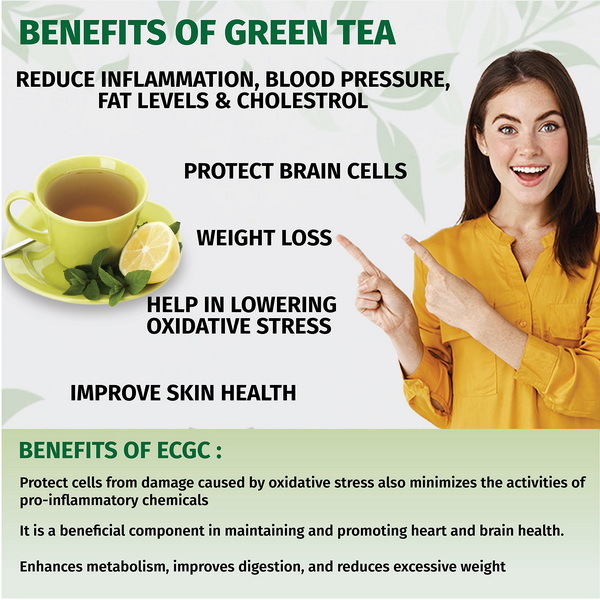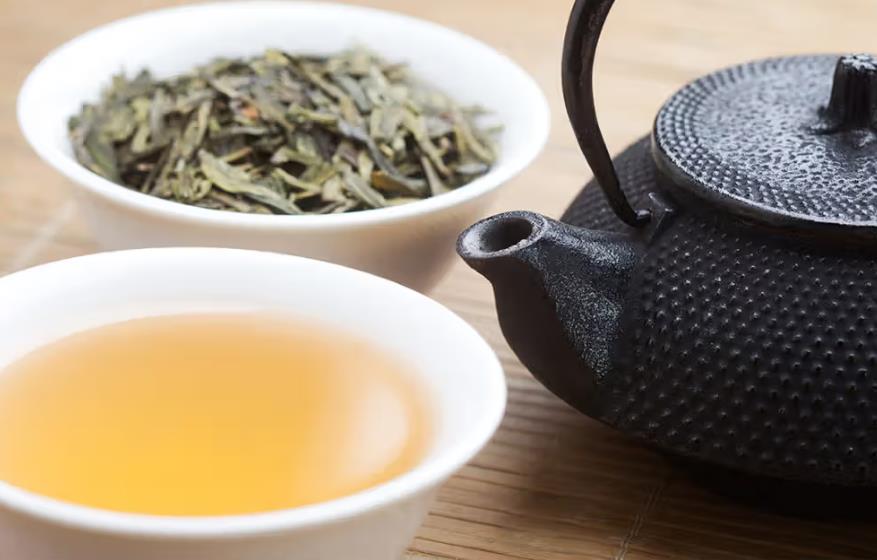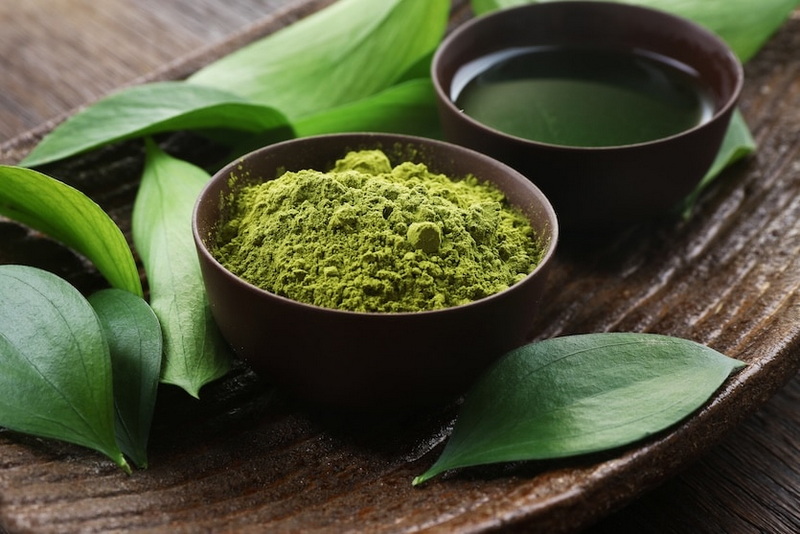Content Menu
● Understanding Green Tea Extract
>> Key Components of Green Tea Extract
● Potential Health Benefits
● Potential Health Risks
>> 1. Liver Damage
>> 2. Drug Interactions
>> 3. Caffeine-related Side Effects
● Safe Consumption Guidelines
● Conclusion
● FAQ
>> 1. What are the main health benefits of green tea extract?
>> 2. Can green tea extract cause liver damage?
>> 3. Is it safe to take green tea extract with medications?
>> 4. How much green tea extract is considered safe?
>> 5. What symptoms indicate possible liver damage from green tea extract?
● Citations:
Green tea extract has gained popularity as a dietary supplement due to its purported health benefits, including weight loss, improved metabolism, and antioxidant properties. However, recent discussions have raised concerns regarding the safety of green tea extract, particularly regarding its potential harmful effects. This article explores the ingredients in green tea extract, the associated risks, and provides insights into safe consumption practices.

Understanding Green Tea Extract
Green tea extract is derived from the leaves of the *Camellia sinensis* plant. It is rich in polyphenols, particularly catechins, which are believed to be responsible for many of its health benefits. The most notable catechin is epigallocatechin gallate (EGCG), which has been extensively studied for its antioxidant properties.
Key Components of Green Tea Extract
- Catechins: These are antioxidants that help combat oxidative stress in the body.
- Caffeine: Green tea extract contains caffeine, which can enhance energy levels but may also lead to side effects if consumed in excess.
- Fluoride: Present in green tea, fluoride can contribute to dental health but may also pose risks if ingested in large quantities.
Potential Health Benefits
Before delving into the risks associated with green tea extract, it is essential to acknowledge its potential health benefits. Numerous studies suggest that green tea extract may offer several advantages:
- Weight Loss: Green tea extract has been shown to boost metabolism and promote fat oxidation. Research indicates that combining green tea with caffeine can enhance weight loss efforts by increasing energy expenditure and fat burning[2][3].
- Cardiovascular Health: Regular consumption of green tea is linked to improved lipid profiles, including reduced levels of harmful LDL cholesterol and increased HDL cholesterol. This can contribute to a lower risk of heart disease[2][5].
- Cancer Prevention: Some studies suggest that the polyphenols in green tea may help prevent certain types of cancer by inhibiting tumor growth and reducing inflammation. For instance, laboratory studies have indicated that EGCG can prevent the growth of prostate cancer cells[2][5].
- Diabetes Management: Green tea may help regulate blood sugar levels and improve insulin sensitivity, making it beneficial for individuals with type 2 diabetes[2][7].
- Skin Health: The anti-inflammatory properties of EGCG may also aid in reducing skin inflammation and protecting against skin cancer[2][7].
Potential Health Risks
Despite its benefits, green tea extract can pose several health risks, particularly when taken in concentrated forms. The following sections outline the primary concerns associated with green tea extract.
1. Liver Damage
One of the most significant risks associated with green tea extract is liver toxicity. Studies have reported cases of acute liver injury linked to high doses of EGCG or other catechins found in supplements. The symptoms of liver damage can include:
- Yellowing of the skin or eyes (jaundice)
- Nausea and vomiting
- Abdominal pain
- Dark urine
Research indicates that approximately 10% of individuals suffering from acute liver failure due to green tea extract may face severe complications or even death[1][4]. A study from Rutgers University identified genetic variations that may predict susceptibility to liver damage from high doses of EGCG. Individuals with certain genetic markers showed significantly higher enzyme levels indicating liver stress after consuming green tea extract[1].
2. Drug Interactions
Green tea extract may interact with various medications, altering their effectiveness. For instance:
- Antidepressants: Some studies suggest that catechins can affect how certain antidepressants work.
- Blood thinners: Green tea extract may influence the efficacy of anticoagulant medications, potentially increasing the risk of bleeding.
It is crucial for individuals taking medication to consult healthcare providers before starting any new supplement containing green tea extract.
3. Caffeine-related Side Effects
The caffeine content in green tea extract can lead to several side effects, especially when consumed in large amounts. These side effects may include:
- Anxiety and irritability
- Insomnia
- Increased heart rate
- Digestive issues
Individuals sensitive to caffeine should be particularly cautious about their intake from supplements.

Safe Consumption Guidelines
To minimize risks while enjoying the benefits of green tea extract, consider the following guidelines:
- Moderation: Limit intake to recommended dosages. Most studies suggest that consuming up to 800 mg of EGCG per day is safe for most individuals; however, exceeding this amount increases the risk of adverse effects.
- Consultation: Always consult with a healthcare professional before starting any new supplement, especially if you have pre-existing health conditions or are taking medications.
- Quality Control: Choose products from reputable brands that provide transparency about their ingredient sourcing and manufacturing processes. Look for third-party testing certifications to ensure product safety and efficacy.
Conclusion
While green tea extract offers numerous health benefits, it also carries potential risks that consumers should not overlook. Liver toxicity, drug interactions, and caffeine-related side effects are significant concerns associated with this supplement. By adhering to safe consumption practices and consulting healthcare professionals, individuals can enjoy the benefits of green tea extract while minimizing potential harm.

FAQ
1. What are the main health benefits of green tea extract?
Green tea extract is known for its antioxidant properties, potential weight loss benefits, and ability to improve metabolic rates due to its catechin content.
2. Can green tea extract cause liver damage?
Yes, high doses of green tea extract have been linked to liver toxicity and acute liver injury in some individuals.
3. Is it safe to take green tea extract with medications?
It depends on the medication; some drugs may interact negatively with green tea extract. Always consult a healthcare provider before combining them.
4. How much green tea extract is considered safe?
Most studies suggest that up to 800 mg of EGCG per day is safe for most people; however, exceeding this amount can increase health risks.
5. What symptoms indicate possible liver damage from green tea extract?
Signs include jaundice (yellowing skin/eyes), nausea, abdominal pain, dark urine, and unusual fatigue. If these symptoms occur, discontinue use immediately and consult a healthcare provider.
Citations:
[1] https://www.rutgers.edu/news/green-tea-extract-may-harm-liver-people-certain-genetic-variations
[2] https://www.mountsinai.org/health-library/herb/green-tea
[3] https://www.frontiersin.org/journals/nutrition/articles/10.3389/fnut.2022.1084455/full
[4] https://pubs.acs.org/doi/10.1021/acs.chemrestox.0c00485
[5] https://www.webmd.com/vitamins/ai/ingredientmono-960/green-tea
[6] https://www.ncbi.nlm.nih.gov/books/NBK547925/
[7] https://www.medicalnewstoday.com/articles/269538
[8] https://pmc.ncbi.nlm.nih.gov/articles/PMC9745259/
[9] https://hsph.harvard.edu/news/green-tea-healthy-habit/
[10] https://www.xiahepublishing.com/2835-6357/FIM-2022-00034






























